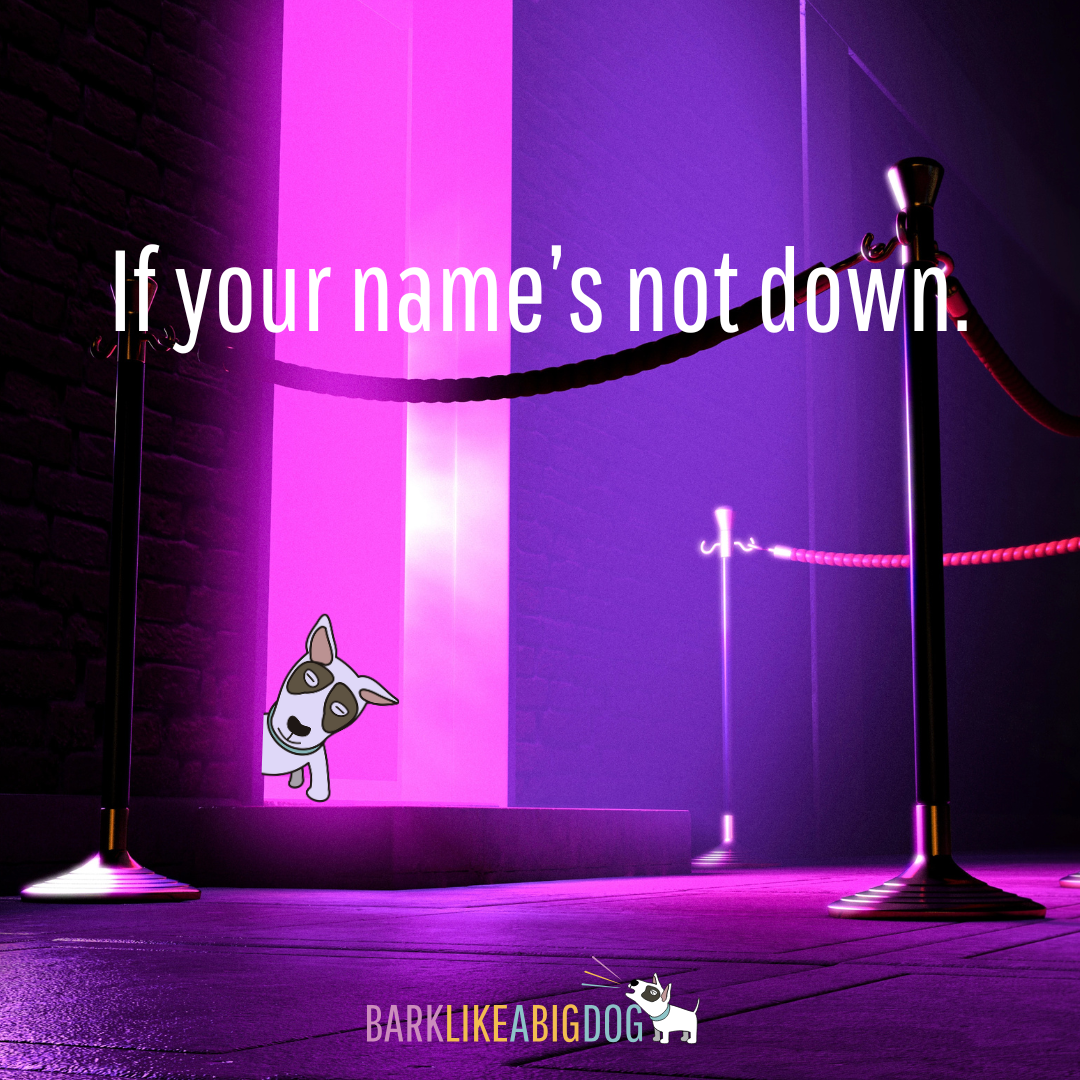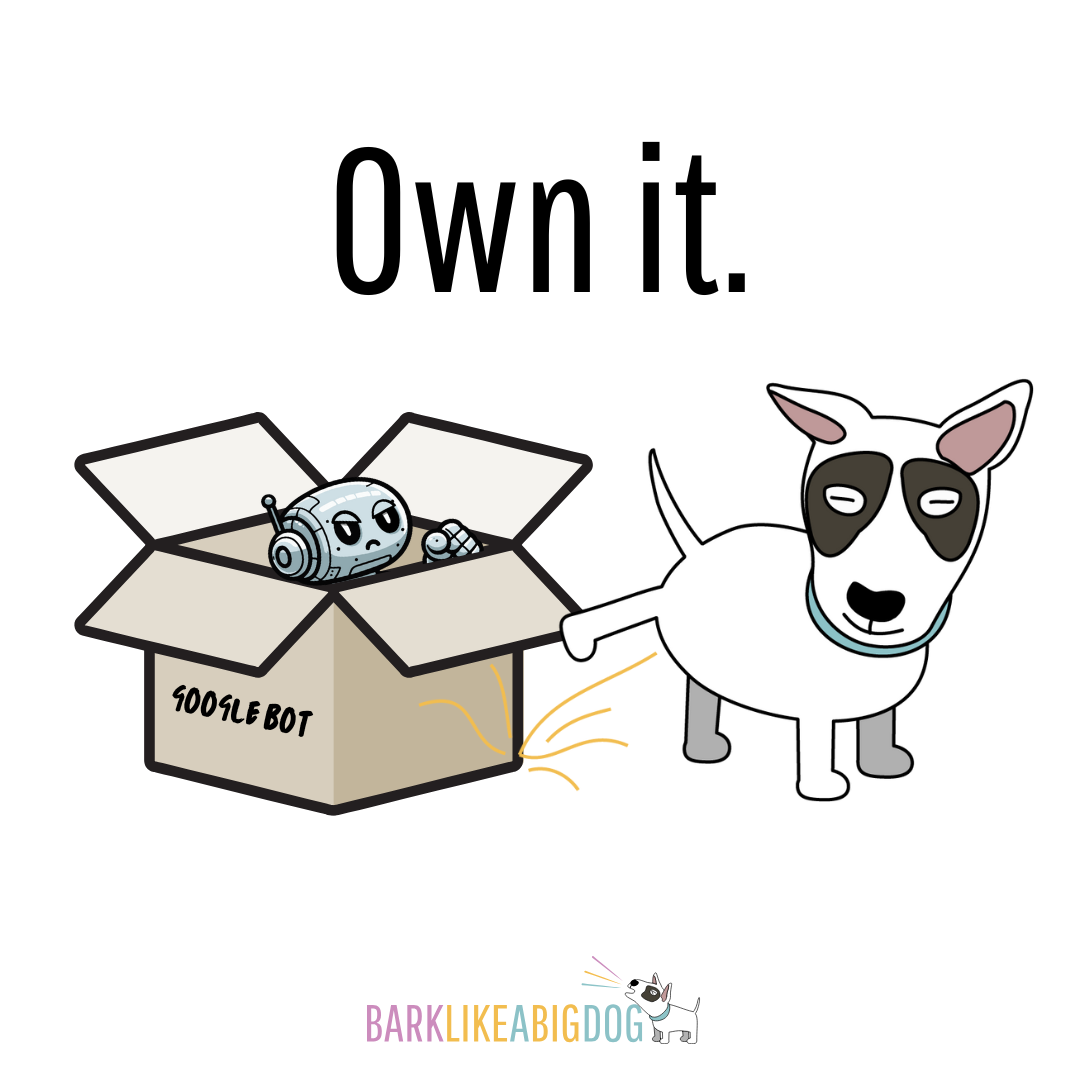Combatting Internet Trolls Online can seem daunting, but in a recent study conducted by Brigham Young University and co-authored by BYU communications professor Dr. Scott Church and former BYU graduate Daniel Montez concluded that; their true nature was revealed.

The concluded that Trolls share similar personality traits and that will allow us to combat internet trolls online.
“Individuals with dark triad personality traits, including narcissism, Machiavellianism, and psychopathy, combined with feeling schadenfreude, taking pleasure from the misfortune of others, are more likely to indulge in internet trolling.”
It doesn’t take a genius to figure out that trolls have some whacked-out idea of what passes for ok behaviourally and, of course, they take pleasure in its effect on others. But, if we dig a bit deeper there are some great lessons for businesses in terms of understanding this behaviour and, more significantly, learning about combatting internet trolls online.
The Dark Triad of Personality ...
The Dark triad may sound like a dark comic book story but is, in fact, a recognised and well researched psychological construct. It was first discovered by Delroy Paulhus and Kevin Williams in 2002 and consists of narcissism (entitled self-importance), Machiavellianism (strategic exploitation and deceit) and psychopathy (callousness and cynicism). While these three traits had traditionally been studied mostly among clinical populations (e.g., criminals), Paulhus and Williams showed that each of these traits is present (to varying degrees) in all of us.
The researchers found that, for many of the people they studied, their view of trolling wasn’t as you’d expect. They found that people who possess schadenfreude viewed their trolling activity as a form of communication that enriches online dialogue, rather than one that diminishes it. They consider trolling to be a legitimate way to engage in dialogue on a social platform. And, depending on the type of communication that is most prevalent on the channel (the study comprised 400 Reddit users), the troll may see that type of communication as the norm which enhances their view that their trolling activity is functional communication.
Side note: The women in the study found trolling to be dysfunctional, where men saw it as a function of communication. Hmmm … that’s a whole other article right there. We’ve all, at some point, engaged with an online troll, desperately trying to support a person who we feel is being unfairly trolled. We quickly learn that it’s pretty impossible to change a troll’s mind and that, once you have ‘taken the bait,’ they will keep engaging with you until either your fingers start to bleed from excessive typing, or you simply give in and retreat to a darkened room to think about what just happened. Beware not to confuse an outspoken person with a troll. Outspoken people are unlikely to use destructive language, but they will put up a fight for their opinion. A troll is an unpredictable beast that feels entitled to communicate that way.
We’ve all, at some point, engaged with an online troll, desperately trying to support a person who we feel is being unfairly trolled. We quickly learn that it’s pretty impossible to change a troll’s mind and that, once you have ‘taken the bait,’ they will keep engaging with you until either your fingers start to bleed from excessive typing, or you simply give in and retreat to a darkened room to think about what just happened.
Beware not to confuse an outspoken person with a troll. Outspoken people are unlikely to use destructive language, but they will put up a fight for their opinion. A troll is an unpredictable beast that feels entitled to communicate that way.
Every company has, at some point, had some negativity on their social channels. So, what should you do?
Well, let’s start with what you shouldn’t do. Assuming the troll has not used offensive language and has stayed on the right side of the decency fence, DO NOT IGNORE THEM. Some say attention is what they want, which is true, but if you don’t deal with it, they’ll take their circus somewhere you can’t control it. Remember … they don’t think like you, and they don’t act like you. Remember they are a product of the dark triad; you’re dealing with a person who feels entitled to comment and will do so until forced to retreat.
Take a fresh look at their comment and consider it from this perspective.
What has triggered the comment? Think about the dark triad and schadenfreude. Remember your purpose is not to placate the troll or change their mind, you won’t win if that’s your goal. Your single purpose should be to shut down the troll so they (i) can’t be cruel to your loyal followers and (ii)show your followers that you stand by your principles and that they can depend on you.
When a troll drops a toxic comment on your channel, go through this checklist:
Is this a troll or an angry customer?
Check before your clap back. Keep the discussion in the open, deal with it don’t retreat to the security of DM. Signs that you are dealing with a troll as opposed to a customer with a legitimate rant are as follows:
They make it personal.
They exaggerate and inflame their comment with crazy statements.
They're very often terrible at spelling. Seriously, they are usually awful at it. Obviously, you can't take bad spelling as the litmus test of trolling, but chances are if you find one of the other traits alongside bad spelling, you've got yourself a troll.
Ask yourself...
Why would the comment give them pleasure?
Is it a ‘look how clever I am’ or, ‘I knew first’ or, worse still, ‘I know this will hurt you?’ It’s likely one of the first two. If it’s the latter, then the comment is probably one that can be deleted without casting suspicion amongst your followers. In my experience, trolls are more often people who need to be ‘right’ and believe they possess a superior intellect.
Do they believe they know the truth?
Do they genuinely believe that you are telling a lie and that they are saving your followers from deception? Firstly, can you prove that they are talking out of their ass? Usually, you can. Either construct a positive response that clearly illustrates how wrong they are or give them a link to another source that supports your position. Once this is done. Walk away from the chat. If they persist it’s time to break out the ‘clap back.’
Remember who you are talking to. They don’t think like you. You can’t win. You shouldn’t try to win. That said, you shouldn’t hide from them. Your supporters will love you all the more for dealing with it and, if necessary, firing out a clap back that sends them shivering back into their darkened bedrooms.
The art of the 'clap back'
Yep, if you can’t beat ‘em, join ‘em. My approach with trolls is always the same; listen, assess, and either (i) take steps to deal with a legitimate concern, or (ii) answer their comment with facts and if they persist, (iii) clap back.
The clap back is a powerful tool, that (when done correctly) is a delight. A clap back combines equal parts sarcasm, irony & wokeness (ugh, did I just type that –insert in touch with what’s happening in the world). Proceed with caution and be sure that you will appeal to your customers and not add to your online issues by being overtly offensive. It’s true some of the following examples are personal, but they are handled beautifully and in harmony with their customer groups.
Here are some exquisite examples of clap backs from major brands.
Samsung
Burger King
What was I saying about spelling ...
Hamburger Helper
O2
Conclusion
Trolls are everywhere, you can’t avoid them these days. My advice is to use a troll as means of connecting with loyal followers and (if your response or clap back is good enough) you’ll acquire a raft of new ones. If the comment is vile, delete it but explain why it was deleted and offer to discuss the tweet offline if anyone wants to see it. If the comment is the usual opinionated rubbish, deal with it. Combatting internet trolls online isn’t something to be afraid!
Never be afraid to use humour –people LOVE it. The subconscious brain LOVES it. Your bottom line will LOVE it.
Joanne is a fellow of the Royal Chartered Institute of Marketing and has 30+ years of marketing experience. She has worked all around the world, is published in 7 countries and teaches marketing communication theory at Post Graduate level both in the UK and USA. She is an expert in the application of neuromarketing research to everyday marketing and has helped hundreds of organisations transform their results.




